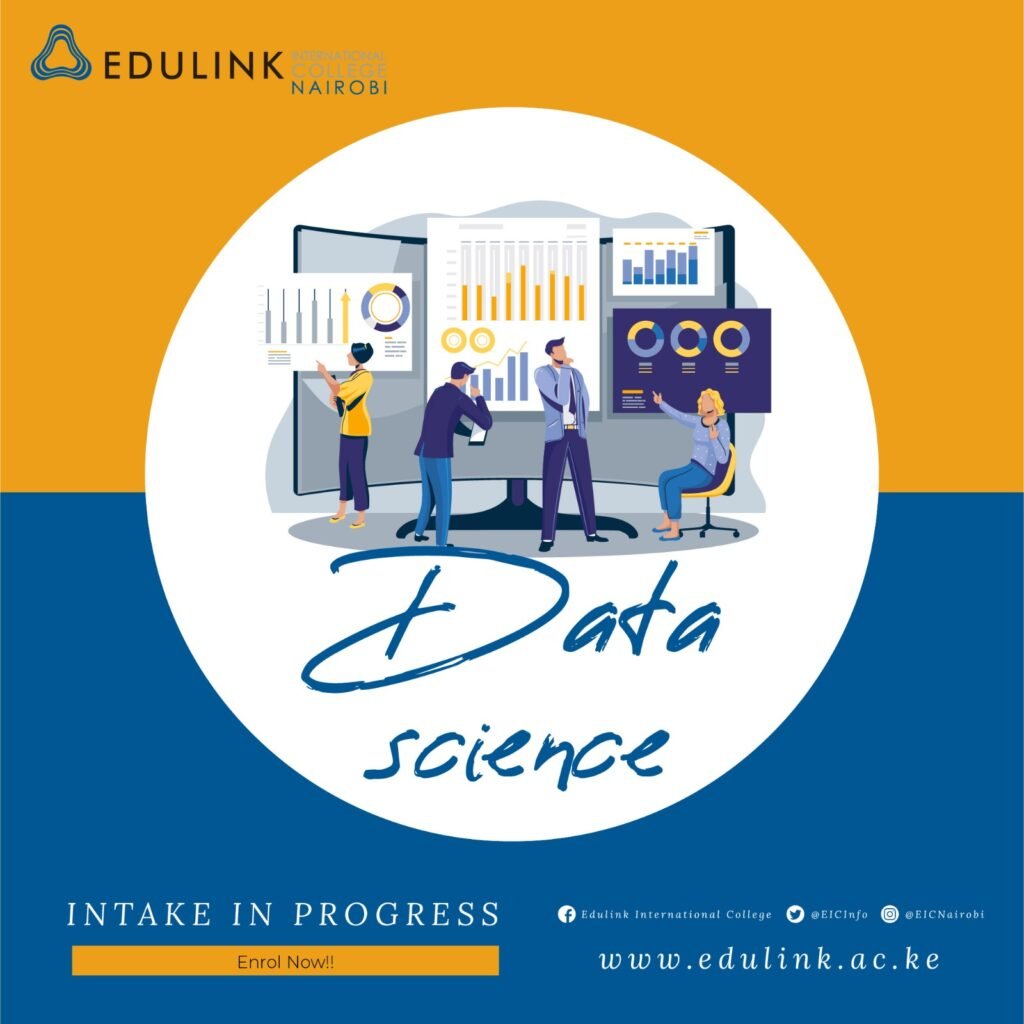
Why Data Science Is the Future: A Comprehensive Guide to Opportunities and Skills
Data Science is one of the fastest-growing fields today, continuously shaping industries, economies, and technological progress. As we move further into the 21st century, the value of data cannot be overstated—its growth and significance have never been more profound. In this article, we’ll delve into why Data Science is considered the future, the essential skills required to thrive in the field, and the various career opportunities it offers.
The Rapid Rise of Data Science: Why It’s the Future
In today’s digital era, data is omnipresent, and its volume is increasing exponentially. IBM reports that 2.5 quintillion bytes of data are generated daily, and this figure is expected to surge further. For businesses and organizations, the challenge lies not in gathering data, but in making sense of it. This is where Data Science comes in, offering the necessary techniques and methodologies to transform raw data into valuable insights.
Data scientists use statistical analysis, machine learning, and computational tools to identify trends, patterns, and relationships within large datasets. These insights guide crucial business decisions, drive strategic planning, and help companies optimize their operations, ultimately improving profitability.
Moreover, Data Science is not a siloed field—it draws knowledge from several disciplines, including computer science, mathematics, and statistics. This interdisciplinary nature makes it an exciting and dynamic career path for those who want to apply diverse skill sets in tackling complex real-world problems.
The Growing Demand for Skilled Data Scientists
As industries increasingly rely on data to make decisions, the demand for qualified data scientists continues to grow. Whether in healthcare, finance, retail, or technology, businesses need experts who can extract actionable insights from massive datasets. This makes Data Science not only a rapidly expanding field but also one that offers excellent job security.
The global shortage of skilled professionals in this domain has created an ever-expanding job market. According to a recent report, there were over 35,000 data scientist job openings in the U.S. alone in 2023. As more organizations begin to understand the value of data-driven decision-making, the demand for Data Science professionals will only continue to rise.
Essential Skills Needed for Data Science
Becoming a proficient data scientist requires more than just an understanding of technology. It demands a blend of technical expertise, problem-solving abilities, and communication skills. Here are the most essential skills for anyone aspiring to excel in Data Science:
1. Mathematics and Statistics
A solid foundation in mathematics and statistics is crucial for a successful career in Data Science. Understanding concepts such as probability theory, linear algebra, and calculus will allow data scientists to build models and analyze data more effectively. Statistics, in particular, is the backbone of Data Science, helping professionals to draw conclusions, identify trends, and assess data patterns.
2. Programming Languages
Data scientists must be proficient in programming languages like Python, R, and SQL to collect, manipulate, and analyze data efficiently. Python is widely regarded as the go-to language for Data Science due to its simplicity, rich ecosystem of libraries, and powerful data manipulation tools. R, on the other hand, is used extensively in statistical analysis, and SQL is essential for querying databases.
3. Machine Learning and Artificial Intelligence
Machine Learning (ML) and Artificial Intelligence (AI) are integral components of modern Data Science. A deep understanding of algorithms like decision trees, linear regression, neural networks, and support vector machines is essential. Data scientists use these tools to build predictive models, automate decision-making processes, and optimize systems.
4. Data Visualization
While data analysis is essential, it’s equally important to communicate insights effectively to stakeholders. Data scientists must be skilled in data visualization tools like Tableau, Power BI, or libraries such as Matplotlib and Seaborn. These tools help transform complex datasets into easy-to-understand graphs and charts, making it easier for business leaders to make data-driven decisions.
5. Big Data Technologies
With the exponential growth of data, familiarity with big data technologies is becoming increasingly important. Tools like Hadoop, Apache Spark, and NoSQL databases help data scientists handle large-scale data processing, enabling them to analyze and interpret vast amounts of data that traditional methods can’t manage.
6. Problem-Solving and Critical Thinking
At its core, Data Science is about solving complex problems. A data scientist must approach data with a critical eye, testing hypotheses and finding ways to extract meaningful insights. Strong problem-solving skills are essential, as is the ability to think creatively and critically about solutions.
Career Opportunities in Data Science
The field of Data Science offers a wealth of career opportunities across various industries. As businesses continue to embrace data-driven strategies, the demand for skilled professionals will grow, providing a range of exciting roles:
1. Data Scientist
The role of a Data Scientist is multifaceted, involving everything from data collection and cleaning to developing predictive models and presenting actionable insights. Data scientists work across industries, from healthcare to finance, and are central to organizations’ data-driven strategies.
2. Data Analyst
While similar to data scientists, Data Analysts focus more on the analysis and visualization of data to support business decision-making. They often collaborate with Data Scientists but typically deal with more structured datasets. Data Analysts are critical in translating raw data into strategic recommendations.
3. Machine Learning Engineer
Machine Learning Engineers focus on creating and deploying machine learning models. They collaborate with Data Scientists to implement algorithms that automate processes or enhance predictive accuracy. Their expertise in coding and system design ensures that machine learning models function effectively in production environments.
4. Business Intelligence Analyst
Business Intelligence Analysts use data to provide actionable insights for business decision-making. They focus on analyzing data related to business performance, identifying key trends, and helping businesses optimize their strategies. This role is vital in organizations looking to stay competitive in a data-driven world.
5. Data Engineer
Data Engineers are responsible for the infrastructure and architecture that support data collection, storage, and processing. They build and maintain data pipelines, ensuring that the data is accessible and in the right format for analysis. Data Engineers play a key role in making sure that organizations can leverage their data effectively.
Why You Should Pursue a Career in Data Science
The field of Data Science is filled with opportunities for innovation and personal growth. It offers not only lucrative job prospects but also the chance to work on cutting-edge technologies that shape industries and society. As more organizations invest in data-driven strategies, the demand for skilled professionals will continue to grow. By developing the right skills and gaining experience in the field, you can position yourself at the forefront of this transformative industry.
In conclusion, Data Science is not just a career choice; it is an investment in the future. The interdisciplinary nature of the field, combined with the expanding data-driven landscape, makes Data Science a dynamic and rewarding profession. Whether you are a beginner or an experienced professional, there’s never been a better time to enter the world of Data Science.
To get started on your journey toward mastering Data Science and securing a rewarding career, consider enrolling in a course that offers expert training and hands-on experience.



